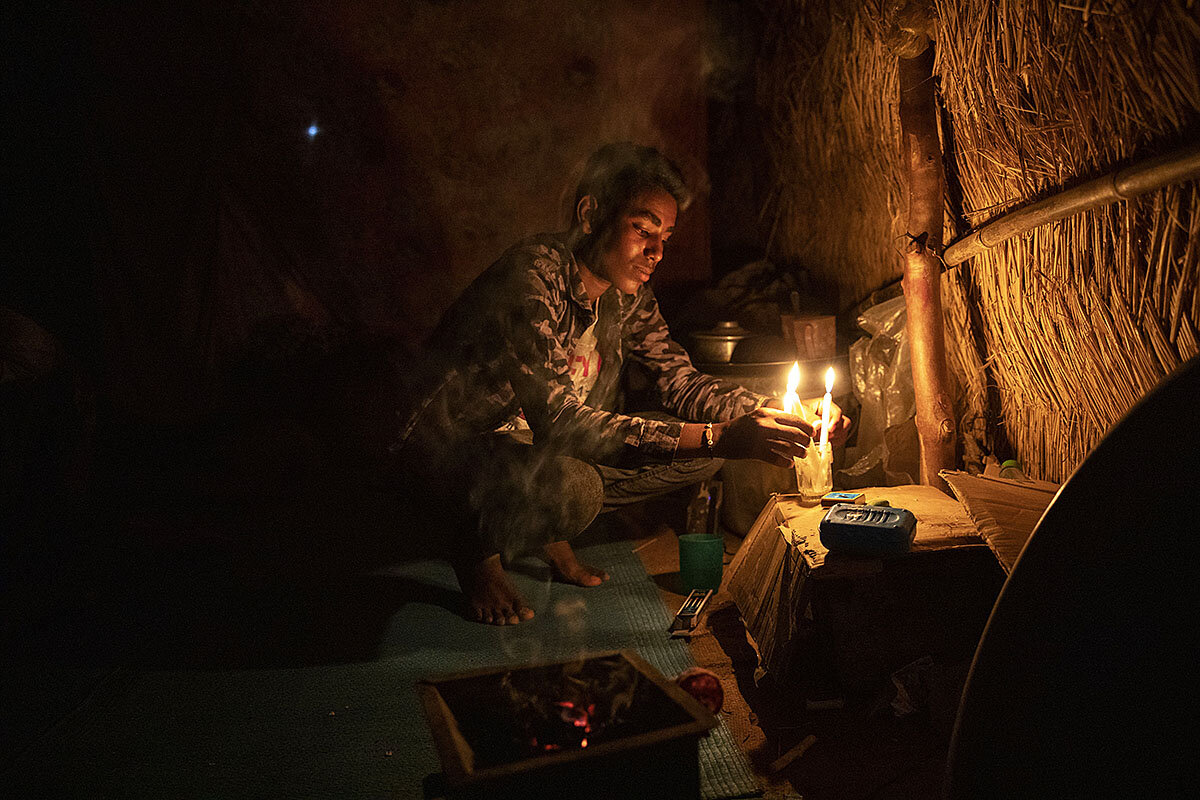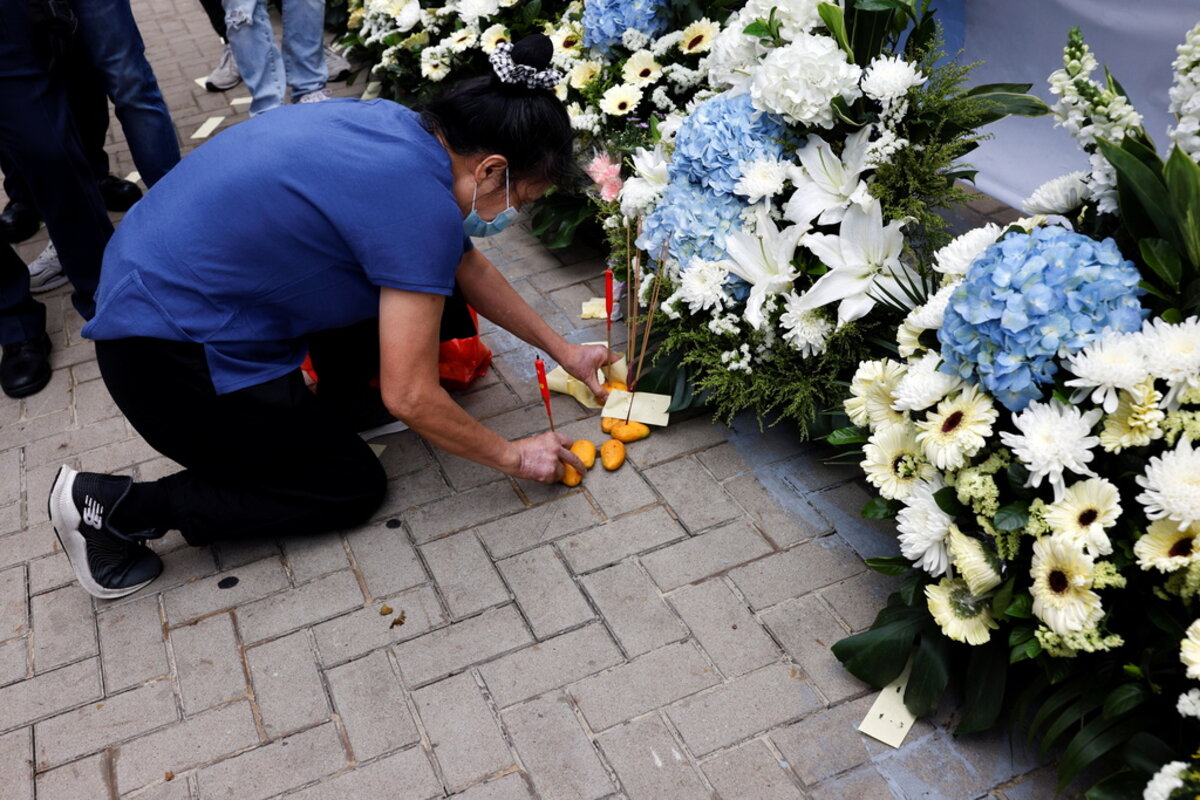How to leave Afghanistan “responsibly” has been a hotly debated issue. Ahead of a fast-approaching deadline, President Biden is making a list-ditch effort to preserve both U.S. interests and Afghan progress.
Monitor Daily Podcast
- Follow us:
- Apple Podcasts
- Spotify
- RSS Feed
- Download
 Amelia Newcomb
Amelia Newcomb
Last week, on Holocaust Remembrance Day, I attended a virtual discussion with Michael Gruenbaum, a Holocaust survivor. Its framing: “What can we do as individuals and as a society to push back on the forces of hatred and prejudice?”
That question resonates at this moment, from Duxbury High School in Massachusetts, dealing with the aftermath of revelations that football players used anti-Semitic calls on the field, to workplaces and communities grappling with racial divisions and disparities.
One starting point for healing is listening to the stories of others.
Mr. Gruenbaum, a 90-year-old Massachusetts resident, shared his family’s experience during 2 1/2 years at Terezin concentration camp in Czechoslovakia. He drew on his 2015 memoir, “Somewhere There Is Still a Sun,” whose title derives from a letter his mother wrote and bears witness to the tenacity of her hope.
The power of personal stories to counter bigotry and indifference – which Nobel laureate Elie Wiesel called a “friend of the enemy” – is well documented. Listening to them, even when it’s uncomfortable, increases respect and empathy, according to researchers whose recent findings drew on 15 studies across multiple issues. For adolescents, hearing moral insights linked to stories about someone experiencing harm drives deeper reflection and growth.
In closing, Mr. Gruenbaum offered one such insight from his life: the need to persevere. That may have been informed by his mother’s relentless example in keeping her family alive. You go to 10 people and find the door closed, he said – but on the 11th try, it opens.










